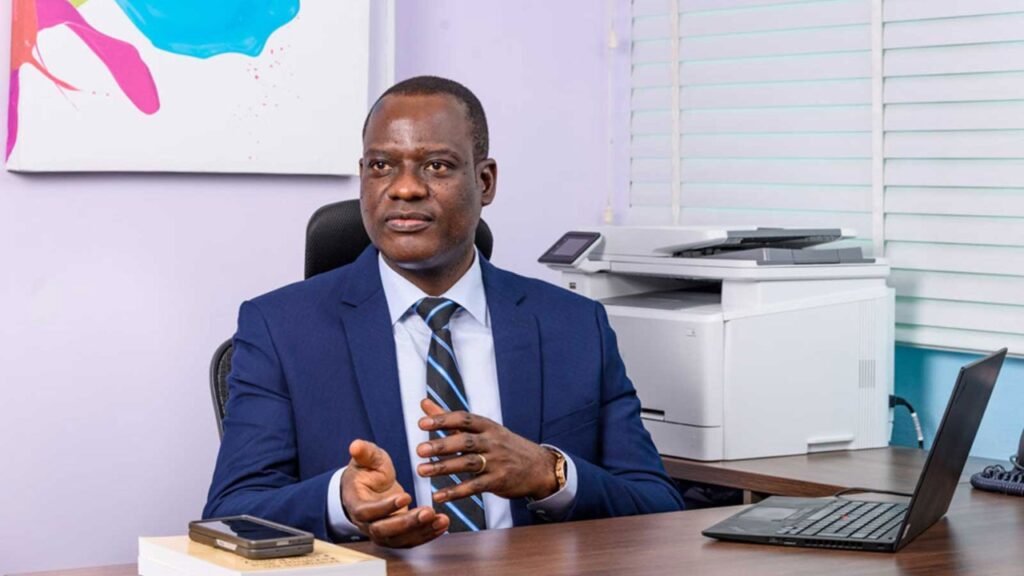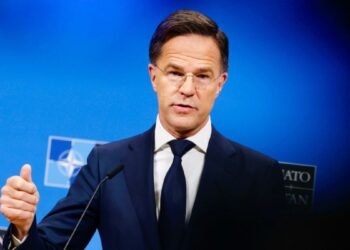Nigerians have been bracing themselves for yet another increase in the cost of living: a five percent surcharge on petrol and diesel, rumoured to take effect in January 2026. But the government has now pushed back against the reports, insisting that the levy has no fixed start date.
The clarification was provided by Taiwo Oyedele, Chairman of the Presidential Committee on Fiscal Policy and Tax Reforms. He explained that the new Harmonised Tax Act, signed in June by President Bola Ahmed Tinubu, does allow for the surcharge on fossil fuels. However, he stressed that only the Minister of Finance can decide when it begins, and January 2026 is not on the calendar.
“What we have is that there’s a law that was enacted some years back with a surcharge on fuel under the Federal Roads Maintenance Agency Act. This is a provision that is now in the new tax law, and it does not take effect as of January 2026. I know some people have been giving wrong information about this.”
Taiwo Oyedele
Fuel prices are a sensitive issue in Africa’s most populous country, where the cost of transportation drives the price of nearly everything, from food to household goods. The proposed five percent surcharge, whenever implemented, will apply to fossil fuel products, such as petrol and diesel. It will exclude renewable or cleaner energy sources like cooking gas, compressed natural gas, household kerosene, and similar fuels.
The surcharge provision is not entirely new. It was first introduced under the Federal Roads Maintenance Agency Act of 2002, which created FERMA as a statutory body responsible for monitoring and maintaining all federal roads in Nigeria. The law was enacted by the National Assembly and signed by then-President Olusegun Obasanjo in November 2002.
A major change followed in the 2007 Amendment Act (Act No. 18 of 2007), which created a funding mechanism through a five percent user charge on petrol and diesel. A copy of this document, obtained by reporters, shows that 40 percent of the funds are allocated to FERMA, while 60 percent are directed to State Roads Maintenance Agencies.
Oyedele stressed that the law gives the Finance Minister the authority to specify when the surcharge begins, noting that implementation will only happen when the government considers the timing suitable.
“The intention is to earmark and dedicate the revenue from this tax to providing transport infrastructure that can reduce the cost of transporting items and logistics and overall bring down inflation for the Nigerian people.”
Taiwo Oyedele

Tinubu Faces Criticism Over Revenue Priorities
Since President Tinubu scrapped fuel subsidies in 2023, petrol prices have more than tripled, fuelling inflation and heightening public unease. His administration, focused on boosting revenues, faces mounting concern that another fuel levy, whenever enforced, could worsen the cost-of-living squeeze.
Critics argue that the government appears more interested in raising revenue than ensuring accountability for its spending. Tinubu and his allies have defended his fiscal approach, pointing to early successes in expanding earnings. This week, Tinubu announced that Nigeria had already achieved its 2025 revenue target by August, months ahead of schedule.
According to him, this milestone signals the end of Nigeria’s reliance on borrowing to fund its budget. He added that diversifying revenue sources beyond oil, particularly through agriculture and non-oil sectors, has been central to this achievement.
The Nigeria Labour Congress (NLC), however, has not been formally briefed on the proposed surcharge. Executives speaking anonymously said that the union would only take a position after internal consultations. “When we do, we will call a meeting of the organs to deliberate on it,” one official said. The NLC has previously organised nationwide strikes over fuel price hikes, and its stance will likely shape public reaction if the levy is enforced.
Presidential candidate and opposition leader Peter Obi strongly criticized the plan, urging the government to halt it. He argued that introducing a new tax at a time when citizens are already struggling with transport costs would intensify hardship.
“Leadership should be about reducing the suffering of Nigerians, not increasing their financial burdens, especially when the government has claimed to have met its revenue targets.”
Peter Obi

He added that the promised subsidies on alternative fuels like compressed natural gas had quietly disappeared, leaving even cleaner fuel options out of reach. Obi questioned why the government was imposing new taxes on already strained households and urged that revenue gains be channeled into education, healthcare, and poverty alleviation.
READ ALSO: Dennis Aboagye Slams Sam George Over MultiChoice Feud



















